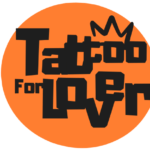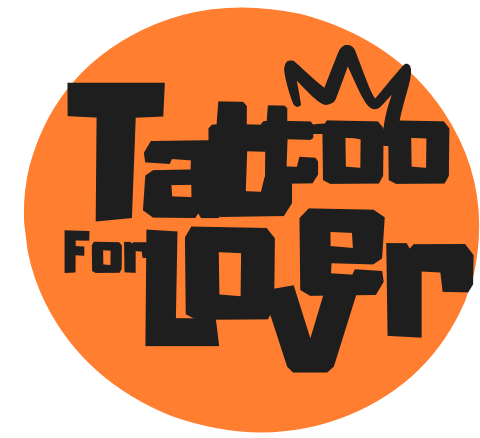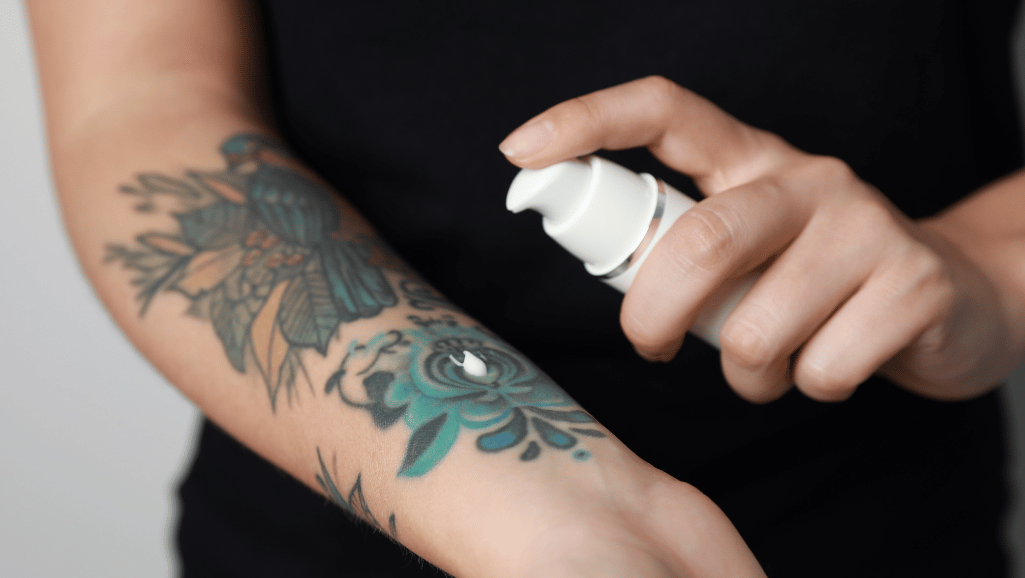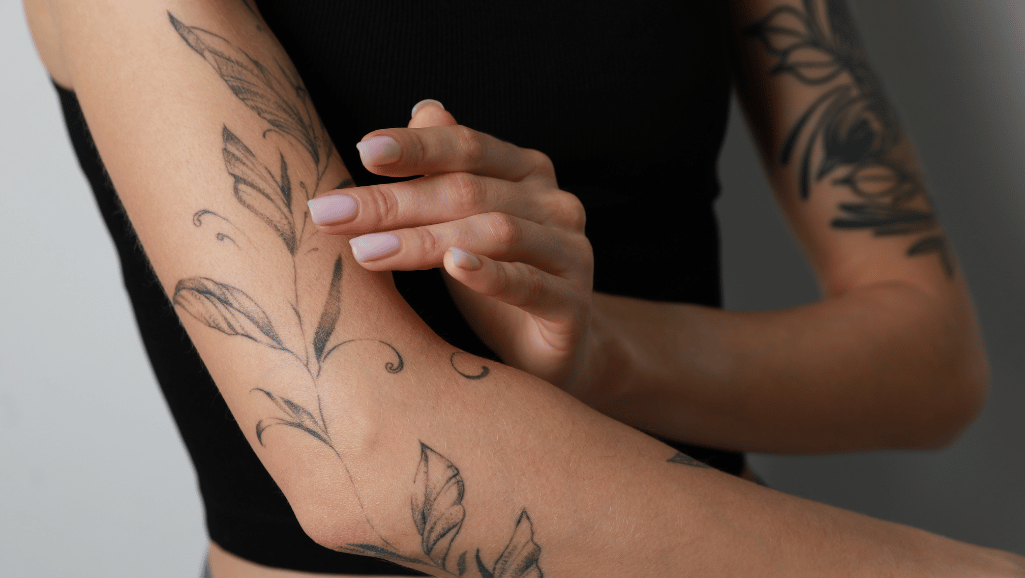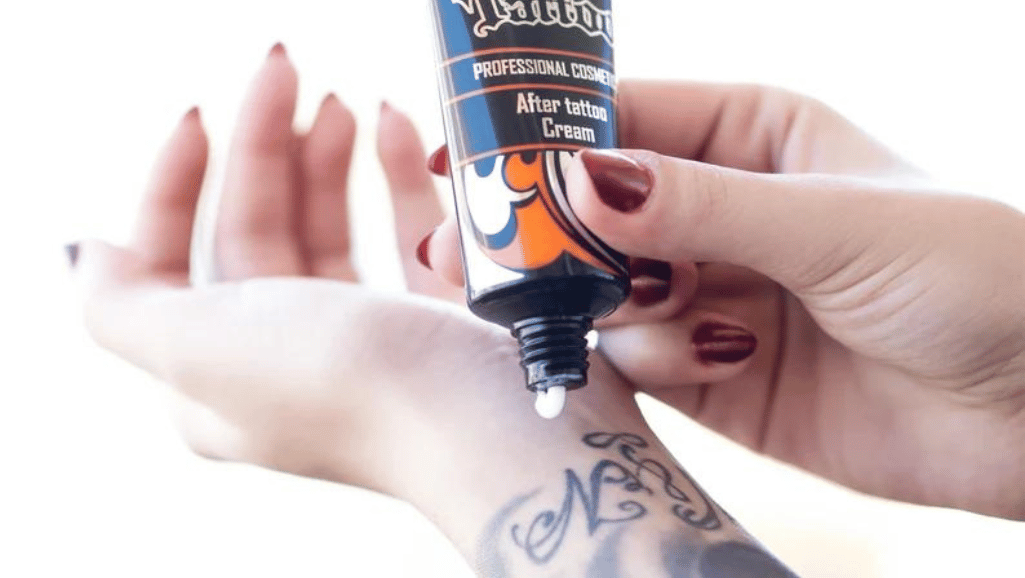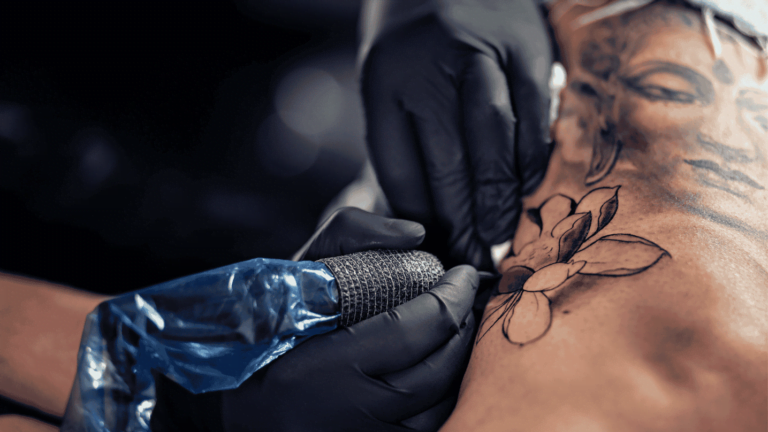Tattoo numbing creams are a popular choice for individuals looking to minimize pain during tattoo sessions. These local anesthetic creams can provide temporary relief by blocking or restricting the pain signals sent to the brain. With various types of numbing creams available, including nerve blockers and nerve deadeners, it’s essential to make an informed choice to ensure a pain-free tattooing experience.
Key Takeaways:
- Choosing the best tattoo numbing cream is crucial for a pain-free tattooing experience.
- Numbing creams work by blocking or deadening pain signals, providing temporary relief.
- Safe and effective numbing creams should be prioritized to avoid adverse reactions.
- It’s important to follow instructions and consult with professionals before using numbing creams.
- Pain is a natural part of the tattooing process, and individual pain tolerance should be considered.
What Are Tattoo Numbing Creams?
Tattoo numbing creams, also known as numbing cream for tattoos or tattoo numbing gel, are specially formulated creams designed to numb the area to which they are applied before a tattoo session. Whether it’s a small piece or a full sleeve, these creams can help reduce the discomfort and pain associated with the tattooing process.
Applying tattoo numbing creams is a common practice among both clients and tattoo artists. By numbing the skin, it becomes easier to endure the needle’s sensation during the tattooing process. These creams generally provide numbness for up to an hour after application, allowing for a more comfortable tattoo experience.
There are various tattoo numbing creams available on the market, so it’s important to choose one that is safe and effective. Numbing creams can be made with different active ingredients, such as lidocaine, tetracaine, and benzocaine. These ingredients work by blocking or deadening the nerves in the skin, reducing the pain signals sent to the brain.
When choosing a tattoo numbing cream, it’s essential to consider factors such as the cream’s ingredients, the duration of its effects, and any potential side effects. Reading customer reviews and consulting with tattoo artists or professionals can also provide valuable insights into which numbing cream might be the best fit for an individual’s needs.
Overall, tattoo numbing creams can help make the tattooing process more tolerable for individuals who are more sensitive to pain. By temporarily numbing the skin, these creams create a more comfortable experience and help individuals achieve their desired tattoo with less discomfort.
How Do Tattoo Numbing Creams Work?
Tattoo numbing creams are designed to minimize pain during tattoo sessions. These creams achieve their numbing effect by utilizing various active ingredients that effectively block or deaden the pain signals sent to the brain.
One type of active ingredient found in numbing creams is nerve blockers. Nerve blockers, such as tetracaine and benzocaine, work by blocking the pain signals from reaching the brain, ultimately reducing the sensation of pain during the tattooing process.
Another type of active ingredient found in numbing creams is nerve deadeners. Lidocaine, for instance, is a commonly used nerve deadener that temporarily stops the nerves from functioning. By halting the nerves, lidocaine numbs the area, diminishing the pain experienced during the tattooing procedure.
Additionally, some tattoo numbing creams incorporate vasoconstrictors, such as epinephrine. These substances work by narrowing the blood vessels, reducing blood flow to the tattooed area. This decrease in blood flow can make other numbing agents last longer, prolonging the numbing effect.
To achieve the desired pain relief, it is important to understand the different mechanisms by which tattoo numbing creams work and select a cream that aligns with your preferences and needs.
Numbing Cream Ingredients Comparison
| Numbing Cream Ingredient | Function |
|---|---|
| Tetracaine and Benzocaine | Block pain signals to reduce sensation during tattooing |
| Lidocaine | Temporarily stop nerves from functioning to numb the area |
| Epinephrine | Reduce blood flow to prolong numbing effect |
Are Tattoo Numbing Creams Safe?
Tattoo numbing creams are generally considered safe when used as directed. However, it is important to be aware of the potential side effects that can occur. Some common side effects of tattoo numbing creams include:
- Itching
- Redness
- Inflammation
- Burning or tingling sensation
- Rash
These side effects can vary in severity and duration depending on the individual and the specific numbing cream used. People with sensitive skin or preexisting skin conditions should exercise caution when using numbing creams and consider testing a small area before applying it to a larger tattooed area.
To ensure the safety of tattoo numbing creams, it is essential to use them in moderation and follow the instructions provided by the manufacturer. Overuse of numbing creams can increase the risk of adverse reactions and potential health issues.
If you have any concerns or questions about the safety of tattoo numbing creams, it is always recommended to consult with a professional tattoo artist or a healthcare professional. They can provide you with personalized advice based on your specific needs and medical history.
The Safety of Tattoo Numbing Creams: Expert Insights
| Tattoo Numbing Cream | Main Ingredients | Side Effects |
|---|---|---|
| Emla | Lidocaine, Prilocaine | Itching, redness, swelling |
| Dr. Numb | Lidocaine | Temporary numbness, slight skin irritation |
| Numbify | Benzocaine | Burning, stinging, redness |
| Hush | Lidocaine, Pramoxine | Itching, dryness, skin irritation |
Applying Tattoo Numbing Creams in 5 Steps
Properly applying numbing cream to your skin before getting a tattoo is crucial for optimal effectiveness. By following these 5 simple steps, you can ensure a comfortable and pain-free tattooing experience:
- Clean the area: Start by gently cleaning the skin where you plan to apply the numbing cream. Use a mild soap and warm water to remove any dirt or oils. Pat the area dry with a clean towel.
- Apply a thin layer: Using clean hands or a disposable applicator, apply a thin and even layer of tattoo numbing cream to the skin. Be sure to cover the entire area that will be tattooed.
- Massage gently: Once the cream is applied, gently massage it into the skin using circular motions. This helps to ensure that the cream is fully absorbed and evenly distributed.
- Cover with plastic wrap: To optimize the numbing effect, cover the area with a clean piece of plastic wrap. This will help to seal in the cream and prevent it from rubbing off.
- Wait for the numbing effect: Allow the numbing cream to sit on your skin for the recommended amount of time as specified by the product instructions. This typically ranges from 30 minutes to an hour.
Once the numbing effect takes effect, your skin should be ready for the tattooing process. Please note that it is essential to consult with your tattoo artist or follow the instructions provided with the numbing cream for best results.
Remember, applying numbing cream correctly can help minimize discomfort during the tattoo session. However, keep in mind that pain is a natural part of the tattooing process, and individual pain tolerance may vary.
To provide an overview of the recommended steps for applying tattoo numbing cream, the following table breaks down each step for easy reference:
| Step | Description |
|---|---|
| 1 | Clean the area |
| 2 | Apply a thin layer |
| 3 | Massage gently |
| 4 | Cover with plastic wrap |
| 5 | Wait for the numbing effect |
Top 6 Tattoo Numbing Creams
When it comes to getting a tattoo, pain management is a top priority for many individuals. That’s where tattoo numbing creams can come in handy. These creams are specifically designed to help reduce pain and discomfort during the tattooing process. With so many options available on the market, it can be overwhelming to choose the right one. That’s why we have narrowed down the top 6 tattoo numbing creams that are highly recommended by both tattoo artists and users.
| Numbing Cream | Active Ingredients | Duration | Price | Rating |
|---|---|---|---|---|
| Dr. Numb | Lidocaine | Up to 4 hours | $35 | 4.9/5 |
| Hush Anesthetic | Lidocaine | Up to 2 hours | $25 | 4.8/5 |
| Numb Skin | Lidocaine | Up to 3 hours | $30 | 4.7/5 |
| Tattoo Soothe | Lidocaine, Prilocaine | Up to 3 hours | $40 | 4.6/5 |
| Zensa | Lidocaine | Up to 2 hours | $30 | 4.5/5 |
| Numbify | Benzocaine, Lidocaine | Up to 2 hours | $20 | 4.4/5 |
These top tattoo numbing creams have gained popularity due to their effectiveness in minimizing pain and discomfort during the tattooing process. Each cream contains lidocaine or other active ingredients that help numb the skin for a more comfortable experience. The duration of numbing varies from cream to cream, so it is important to choose one that meets your needs and the expected duration of your tattoo session. Additionally, consider the price and customer ratings to make an informed decision.
Remember, while tattoo numbing creams can help alleviate pain, it is important to consult with your tattoo artist and follow their instructions for optimal results. Every individual’s pain tolerance is different, so it is essential to communicate your needs and preferences with your tattoo artist to ensure a successful and comfortable tattooing experience.
Conclusion
In conclusion, numbing creams can be a helpful option for reducing the pain experienced during tattoo sessions. By choosing a safe and effective numbing cream and following the recommended application steps, individuals can experience temporary pain relief. However, it is important to remember that pain is a natural part of the tattooing process.
Consulting with a professional tattoo artist is crucial to ensure the numbing cream is applied correctly and does not interfere with the tattooing process. It is also essential to consider one’s individual pain tolerance and preferences before deciding to use numbing creams.
While numbing creams can provide temporary relief, it is important to approach tattooing with the understanding that pain is inherent. By combining careful consideration, open communication with professionals, and proper use of numbing creams, individuals can enhance their tattooing experience and achieve the desired results.
FAQ
What is the best tattoo numbing cream?
How do tattoo numbing creams work?
Are tattoo numbing creams safe?
How to apply tattoo numbing cream?
What are the side effects of tattoo numbing creams?
What are the top tattoo numbing creams?
Forhad
Forhad's writing is not just about the artistry of tattoos or the latest trends in the industry; it's an exploration of the deep-rooted connections people have with their tattoos, reflecting personal narratives, cultural histories, and moments of transformation. Through a mix of in-depth features, personal narratives, and insightful analyses, he sheds light on the multifaceted nature of tattooing, revealing the emotional and cultural layers that lie beneath the surface.
